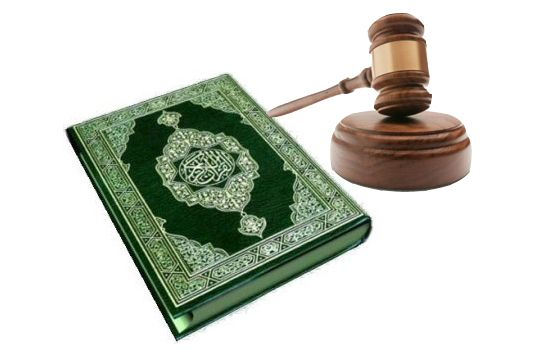Shia School – Meaning and Concept
The Shia School is one of the main schools of Muslim Law, followed by the Shia community in India and other countries. Unlike Sunni law, which is based on four major schools (Hanafi, Maliki, Shafi’i, Hanbali), the Shia School derives its legal principles primarily from the Imam Jafar al-Sadiq’s teachings and the Quran and Hadiths interpreted by the Shia Imams. It governs matters such as marriage, divorce, inheritance, and guardianship of minors. The Shia Law emphasizes family unity, equitable distribution of property, and the moral duties of spouses. It is recognized under the Muslim Personal Law (Shariat) Application Act, 1937, which gives Shia Muslims the authority to follow their distinct religious laws in personal matters.
Legal Features and Principles
Shia Law differs from Sunni Law in several key respects. For example, in inheritance, Shia Law allows for return of excess shares to certain heirs instead of the proportional reduction seen in Sunni Law (Doctrine of Aul is not recognized). Similarly, in divorce, Talaq pronounced under duress is treated as void. The Shia School also permits temporary marriage (Mut’a) with stricter conditions, unlike Sunni Law, which generally disallows it. Guardianship rules under Shia Law prioritize the mother for young children, while Sunni Law gives preference to the father as the natural guardian. These principles have been repeatedly upheld in Indian courts, ensuring compliance with both religious teachings and secular legal frameworks.
Judicial Recognition and Importance
Indian courts recognize the Shia School as a legitimate source of personal law under Section 2 of the Muslim Personal Law (Shariat) Application Act, 1937. The courts ensure that Shia Muslims can follow their distinct rules for family matters while balancing constitutional guarantees of equality and justice. For instance, S. Abdul Latif v. S. Fathima (1981) clarified that inheritance among Shia Muslims follows the Shia codified principles, differing from Sunni distribution. The legal recognition of Shia Law provides community-specific guidance, preserves cultural identity, and prevents conflicts between Shia and Sunni practices in matters like succession, marriage, and divorce.
Real-Time Example
For instance, if a Shia Muslim dies leaving two daughters, a mother, and a wife, the Shia inheritance rules determine that the daughters inherit first, while the mother and wife receive fixed portions according to Shia law. Unlike Sunni law, where Aul may reduce shares proportionally, Shia rules redistribute any excess differently, often returning it to specific heirs. Similarly, in marriage, a Shia woman may seek divorce under stricter consent requirements, and courts will ensure Shia rules are followed. This demonstrates how Shia School principles operate in daily life and are recognized legally under Indian family law.
Mnemonic to Remember the Concept
Mnemonic: 🕌 “SHIA = Special Heritage Inheritance Authority”
Breakdown:
- S – Special rules for Shia Muslims
- H – Heritage and inheritance differ from Sunni Law
- I – Individual rights in marriage and divorce
- A – Authority under Shariat and Indian law
This mnemonic helps recall that the Shia School provides a distinct, legally recognized framework for personal matters among Shia Muslims, covering inheritance, marriage, divorce, and guardianship.
About lawgnan:
To understand the Shia School of Muslim Law in detail, visit Lawgnan.in — India’s trusted platform for legal learning. Explore how Shia Law differs from Sunni Law in inheritance, marriage, divorce, and guardianship. Learn about its unique features, such as rejection of the Doctrine of Aul, recognition of Mut’a marriage, and emphasis on maternal guardianship. Lawgnan.in provides simplified explanations, real-life examples, case references, and mnemonics for students and legal aspirants. Strengthen your foundation in Muslim Personal Law and prepare confidently for exams with structured, reliable, and easy-to-understand legal resources — only on Lawgnan.in.




